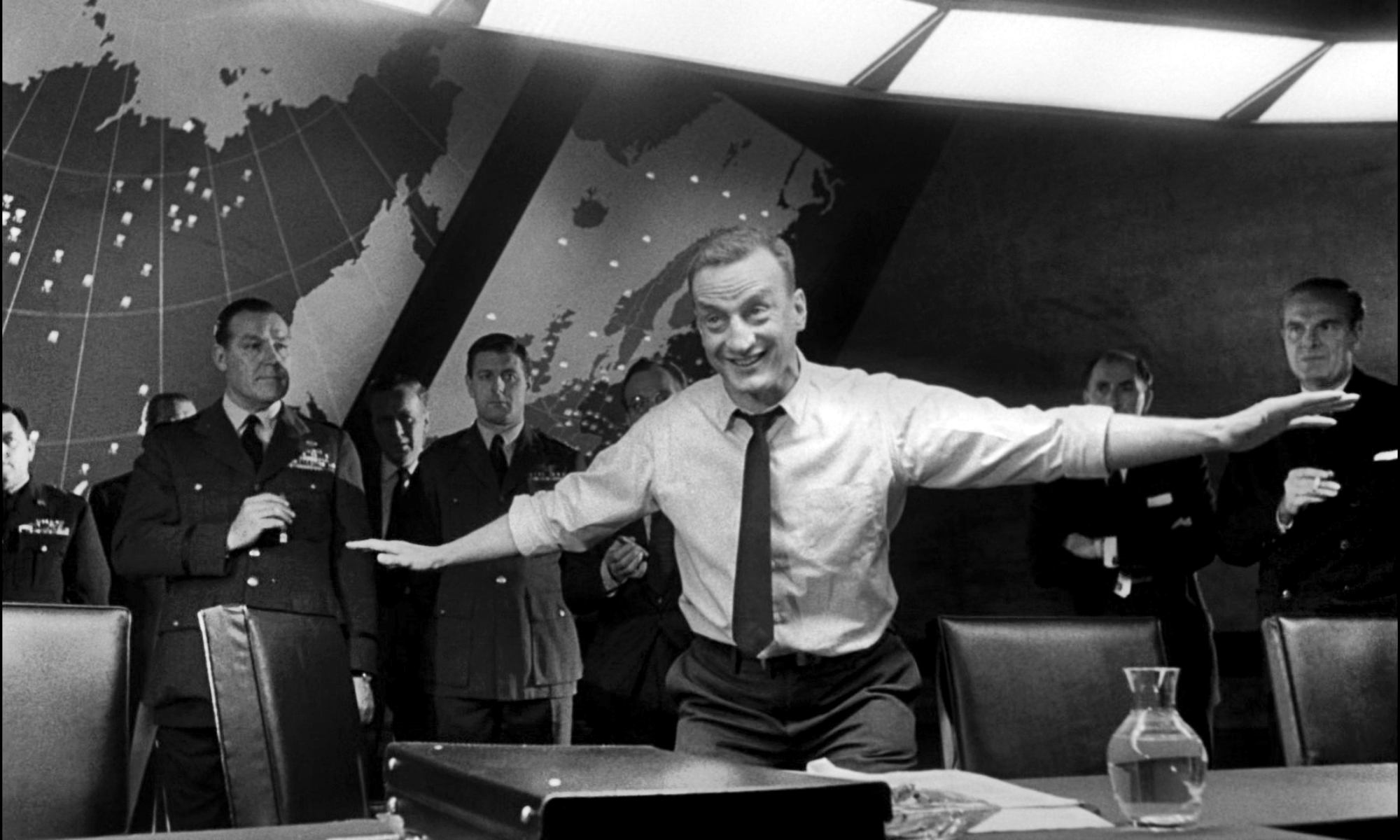The virtual seminar will be held from 12:30 to 2:00 p.m. (E.T.)
From the 1951 Hollywood feature film The Day the Earth Stood Still to Fail Safe and Dr. Strangelove in the early 1960s, The Day After and War Games in 1980s, and most recently Oppenheimer, movies have played a significant role in public conversations on nuclear weapons, especially in the United States. This presentation will reflect on the relationship between the cinema and nuclear weapons, and what work nuclear movies can do to question the logic of nuclear deterrence and help people ask: do these weapons really make us safer? It will introduce the screenplay for Silo, a film project based on the 1980 accident involving a nuclear-armed Titan intercontinental ballistic missile deployed in Damascus, Arkansas and discuss the real, immediate and constant dangers created by current US nuclear missile operations.
About the speaker: Cole Smith is a screenwriter and director. He graduated from the U.S. Air Force Academy and served for five years as an Air Force nuclear missile officer in Wyoming. He holds an M.F.A. in Screenwriting from Columbia University. He is a three-time recipient of an Alfred P. Sloan Foundation grant for his feature script Silo. He has written in The Guardian about US nuclear missiles and nuclear policies, and on nuclear weapons and film.
